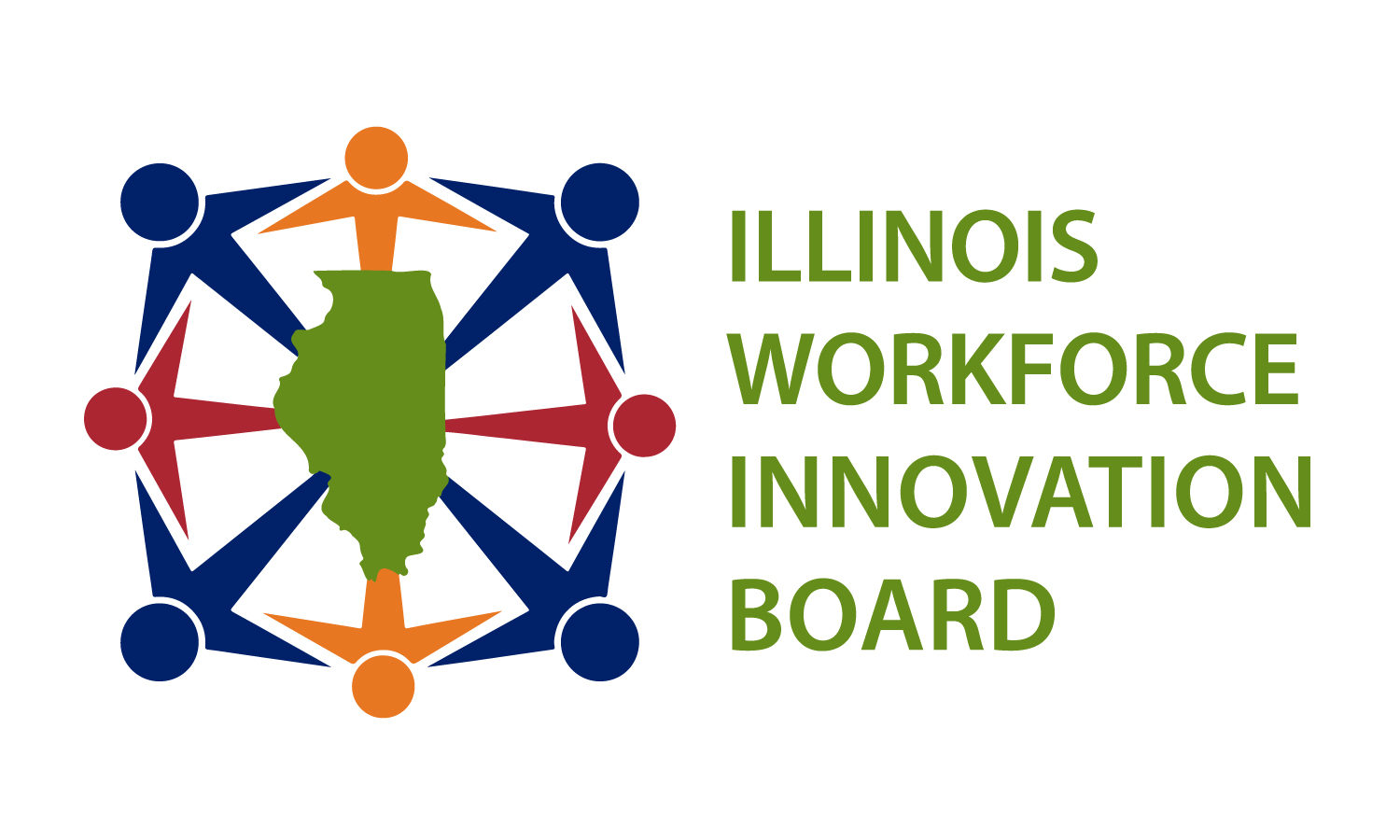Selecting an Evaluator
Evaluation Under WIOA: Planning and Performing an Evaluation- May 6, 2020
This video describes the importance of selecting an evaluator and the process in doing so.
A high-quality evaluation is dependent on a well-conceived preliminary evaluation plan and careful selection of the evaluator who will conduct the study. To obtain a high-quality evaluation, one needs to select an evaluator with the expertise and capacity to conduct the type of evaluation being pursued. In general, we recommend a state agency use one of the three approaches to secure an evaluator:
- In-house unit;
- Partnership with a university or other organization; and
- Third-party firm or organization selected via an RFP process.
This section provides guidance on the qualities to look for in any potential evaluator, and processes and considerations for each of the three approaches.







